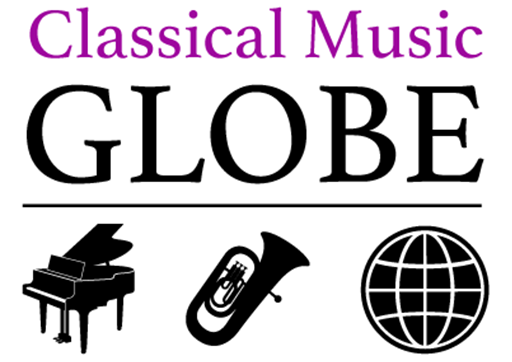ALBUM DEPT.: Duff McKagan Fully Flies Solo On Tenderness
First LP under his own name finds the Guns N’ Roses bassist expanding his scope with heartened and hardened results

Artist: Duff McKagan
Album: Tenderness
Label: UME
★★★ (3/5 stars)
Duff McKagan’s latest solo album, Tenderness, finds him stretching out creatively. “This is the first time I’ve attempted a complete work in this mellower mode,” he writes in the album’s liner notes, also giving a nod to Mark Lanegan and Greg Dulli as far as providing further inspiration. But there’s likely another reason McKagan has opted for that “mellower mode”; it’s because he wants to make sure that you really listen to the words.
Tenderness is an outspoken, even political, album, addressing such topics as homelessness, addiction, school shootings and sexual violence. And the songs are not just a reflection of the current state of the U.S., but are also influenced by what’s been on McKagan’s bookshelf. McKagan, a keen reader, actually takes the time to namecheck the books that provided him with more fuel for thought while writing the album’s songs in his liner notes (Hillbilly Elegy by J.D. Vance, The View from Flyover Country by Sarah Kendzio, The Center Cannot Hold by Elyn R. Sakes, and The Rise and Fall of the Third Reich by William L. Shirer). It’s a rare instance where an album’s liner notes reveal as much (or more) about the artist’s mindset as the music.
For all McKagan’s sorrows and frustrations at the shape of things today, the album gets off to a hopeful note — least lyrically — with the title track, essentially his version of “What the World Needs Now” (and that would be “love, sweet love,” in case you’ve forgotten). About half the songs (including a re-recording of “Wasted Heart,” originally recorded by one of McKagan’s other bands, Loaded) try to look on the bright side of life. But those sentiments stand in stark relief against the downbeat tone of the music. For all McKagan’s assurances that “The screaming and shouting will surely go away someday” in “It’s Not Too Late,” the mournful, bluesy music throughout this record suggests otherwise.
The music has the raw feel of Beggar’s Banquet-era Stones, and you’ll hear nods to Bowie and maybe even a little Pink Floyd in there. But the song’s themes are very much modern day concerns. “Parkland” turns a weary eye to school shootings, McKagan’s double-tracked voice sounding somewhat robotic as he lists the atrocities you instantly recognize by their names: Parkland, Columbine, Sandy Hook, etc. (note to Duff; Dave Cullen’s book Parkland is a great read). Perhaps that robotic drone is meant to echo the monotonous repetition of these tragic events. Certainly there’s no hopeful spin here. McKagan makes a desperate plea — “Do we have to watch another mother cry, once again?” — and the only available answer seems to be yes, we will.
“Last September” is the most searing number on the album (and, at nearly six and a half minutes, the longest), about a rape and the trauma that comes afterwards; “His momma didn’t raise a man,” McKagan notes bitterly of the attacker. Elsewhere, the sorrows are directly personal; “Feel” is McKagan’s sad, dreamy tribute to Chris Cornell. And “Chip Away” offers a rare moment of levity, its upbeat tempo providing a backdrop to McKagan’s musings on how to escape from all that the online noise clogging our brains.
There is a sense of stalemate about the album. McKagan has no interest in being, as he puts it, “some damn politician,” and thus isn’t particularly interested in telling other people what to do. But simply professing, “It’s getting better soon,” as he does in the album’s final song, “Don’t Look Behind You,” feels unsatisfactory as well. For so many, things aren’t getting better, and the future outlook is grim. The songs on Tenderness push to make you care about the issues, but by and large, people already do; no one likes school shootings, or homelessness. Then again, that’s also what McKagan is trying to tap into; common ground, the things that unite, rather than divide us. The ship might be sinking, but with Tenderness, McKagan provides a life raft.




